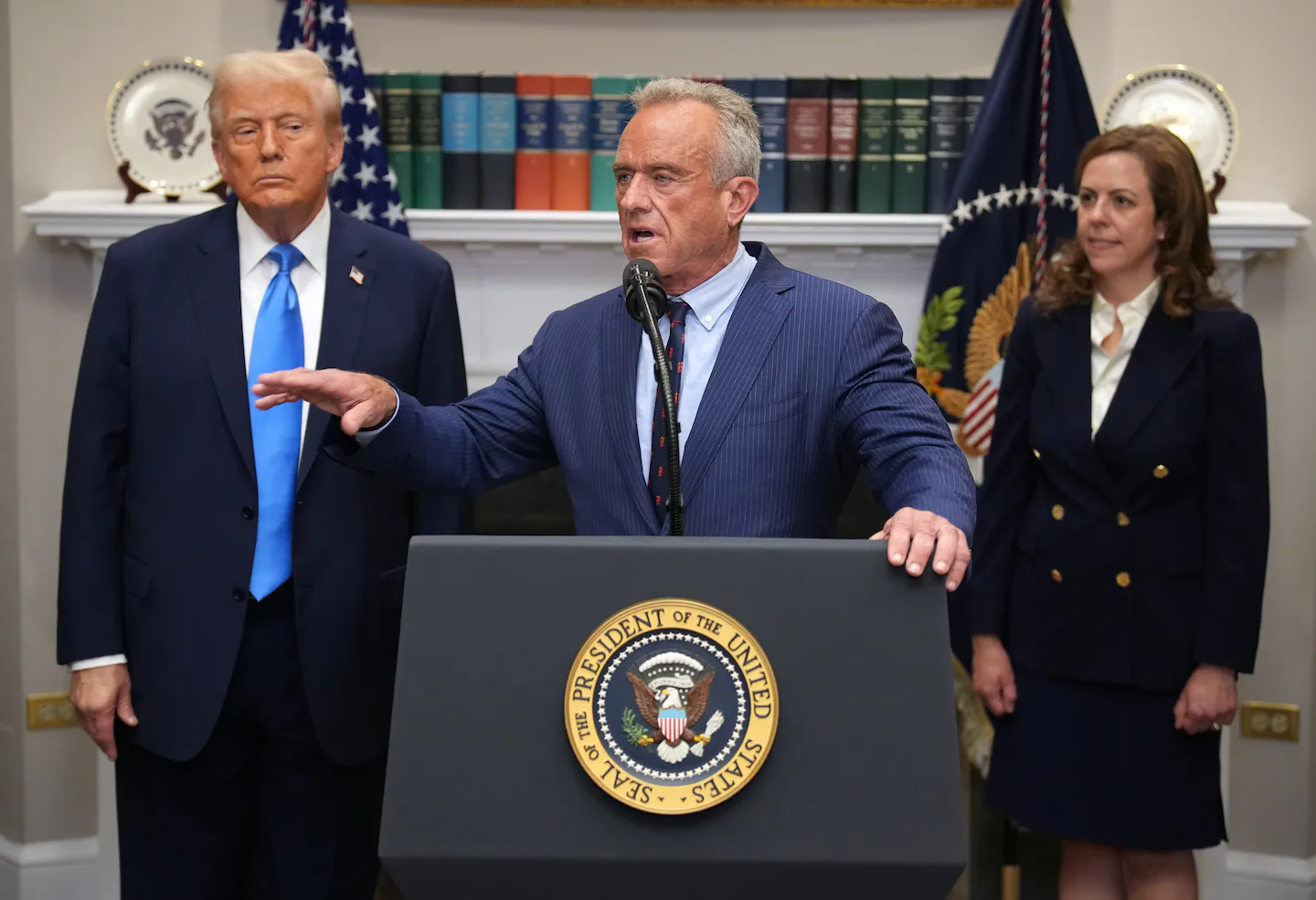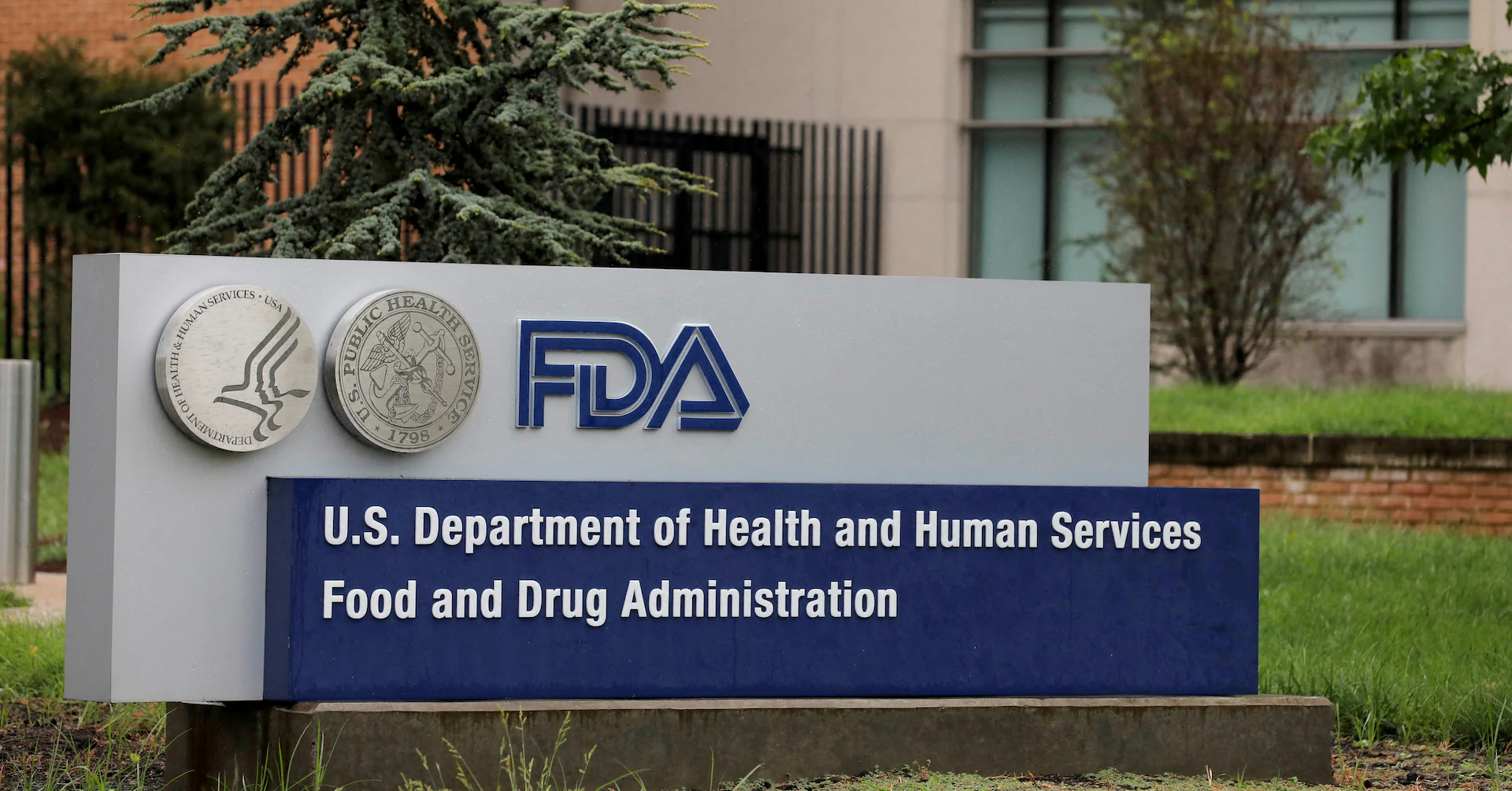
A potential link between acetaminophen use by pregnant women and autism gained a lot of attention after a recent study by Massachusetts and New York scientists analyzed 46 previous studies on the condition. It concluded that children who are exposed to acetaminophen when their mothers are pregnant may be more likely to develop neurodevelopmental disorders, including autism and ADHD.
“This association is strongest when acetaminophen is taken for four weeks or longer,” the study’s lead author, Dr. Andrea Baccarelli, an environmental health professor and faculty dean at Harvard T.H. Chan School of Public Health, said in a statement shortly before the Trump announcement. (Baccarelli’s study was supported by a National Institutes of Health grant that was terminated in May as part of the Trump administration’s mass termination of Harvard research grants, after accusing the school of liberal bias and antisemitism.)
Ann Z. Bauer, an environmental health researcher at the University of Massachusetts Lowell, and coauthor of the recent study, said she thought a warning label on the drug about taking it while pregnant was a good idea, but that it should contain the fuller context because there are no good alternative treatments.
“Aspirin and ibuprofen [should not be used] in pregnancy,” Bauer said. “Acetaminophen may still be necessary, because high fever and severe pain can also be detrimental to the offspring, and so there are times when it may still be the best option.”
Several health organizations issued swift responses to the Trump assertions that pregnant women should swear off Tylenol. They said a definitive causal link between autism and acetaminophen has yet to be proven.
“The Society for Maternal-Fetal Medicine reiterates its recommendation advising both physicians and patients that acetaminophen is an appropriate medication to treat pain and fever during pregnancy,” the group said in a statement. It added that it supports “continued research that includes pregnant patients to understand the potential causes of neurodevelopmental disabilities in children.”
Health and Human Services Secretary Robert F Kennedy Jr. has made autism a central focus of his Make America Healthy Again mission, but his comments in recent months involving the condition have sparked criticism and much skepticism among researchers, especially his long-espoused views that vaccines cause autism, a claim that has been soundly debunked by science.
The number of children diagnosed with autism, which affects how people communicate and interact with the world, continues to rise. The latest numbers by the Centers for Disease Control and Prevention, show one in 31 children aged 8 years old were diagnosed with autism spectrum disorder in 2022, up from one in 36 two years earlier and one in 150 in 2000. The increase is partly due to improved diagnostics and wider access to screening, particularly among children of color and those from lower-income communities, according to the CDC and other experts.
But many scientists say the question of what causes autism is a lot more complicated than what women take during pregnancy and likely is related to multiple factors, including genetics, parental health, and environmental issues.
Kennedy announced another new action the administration is taking, saying his agency is prioritizing research into folate deficiency in children with autism and a medication that is already on the market and known as leucovorin, which some studies have found may improve verbal communication in children with the condition.
Leucovorin is used as an antidote to the harmful effects of methotrexate (a cancer medicine). It is used also to prevent or treat certain kinds of anemia.
Dr. Mehmet Oz, administrator for the Centers for Medicare & Medicaid Services, said it will be the first FDA recognized treatment for autism.
“The FDA, based on NIH research, is approving prescription leucovorin for treatment of autistic children,” Oz said during the news conference. “We are going to change the label and make it available to hundreds of thousands of kids,” he said.
Dr. Richard Frye, a Phoenix-based child neurologist, has spent two decades studying how folate metabolism may shape autism and other neurodevelopmental conditions. And he has led two small studies involving the medication.
He said he’s found that about 10 to 15 percent of kids with autism have a dramatic response and another 40 percent have a “good response.”
But Frye does have a conflict of interest in this arena. He’s developing a drug company and is talking with the FDA to develop a new leucovorin specifically for children with autism.
Researchers have long known that women who have deficiencies in folic acid have an increased risk for neurodevelopmental disorders in their children, and have long advised women even before pregnancy to take folic acid.
But scientists said parents of children with autism should not rush to give the medication to their children.
Helen Tager-Flusberg, a professor at Boston University’s Department of Psychological & Brain Sciences and founder of the Coalition of Autism Scientists, said a few small studies have shown weak connections between the drug and improved outcomes.
“They’ve shown some promise, but it’s very early days for demonstrating the efficacy of a treatment,” she said. “What one really needs is a large scale, rigorous, randomized, controlled trial that looks at whether this has any efficacy with children with different genetic backgrounds.”
Her coalition said in a statement that scientists are alarmed by many of the claims Trump administration officials made in the news conference.
“The data do not support claims that Tylenol causes autism or that leucovorin is a cure; such statements only stoke fear and offer false hope where there is no simple answer,” it said.
Maura Sullivan, CEO of The Arc of Massachusetts, an autism services agency based in Waltham, and the parent of two adult children with profound autism, said her family has not tried leucovorin, but she is open to it.
She called the early findings around leucovorin “hopeful” but urged patience.
“It’s definitely hopeful, but it still has a process to go through like many of the other treatments,” she said.
Also Monday, the National Institutes of Health announced that its Autism Data Science Initiative, a $50 million program to accelerate research into the root causes and potential therapies for autism, had awarded research grants. About 250 research teams from across the country applied, and were peer reviewed and NIH teams selected 13 projects, NIH Director Jay Bhattacharya said during the news conference.
The selected studies use an approach which examines environmental and medical factors, nutrition during pregnancy, and genetics to better understand autism’s complex origins, Bhattacharya said.
“Autism spectrum disorder has a wide range of symptoms … across the spectrum, it seems certain there will be a wide range of biological contributors to explain the cause,” Bhattacharya said. “As a scientist myself, it’s really tempting to delay, but you have to get to the face of a problem like this, you have to move fast. We will not delay before telling the American people about what we find and we will win the public trust with transparency and rigor.”



